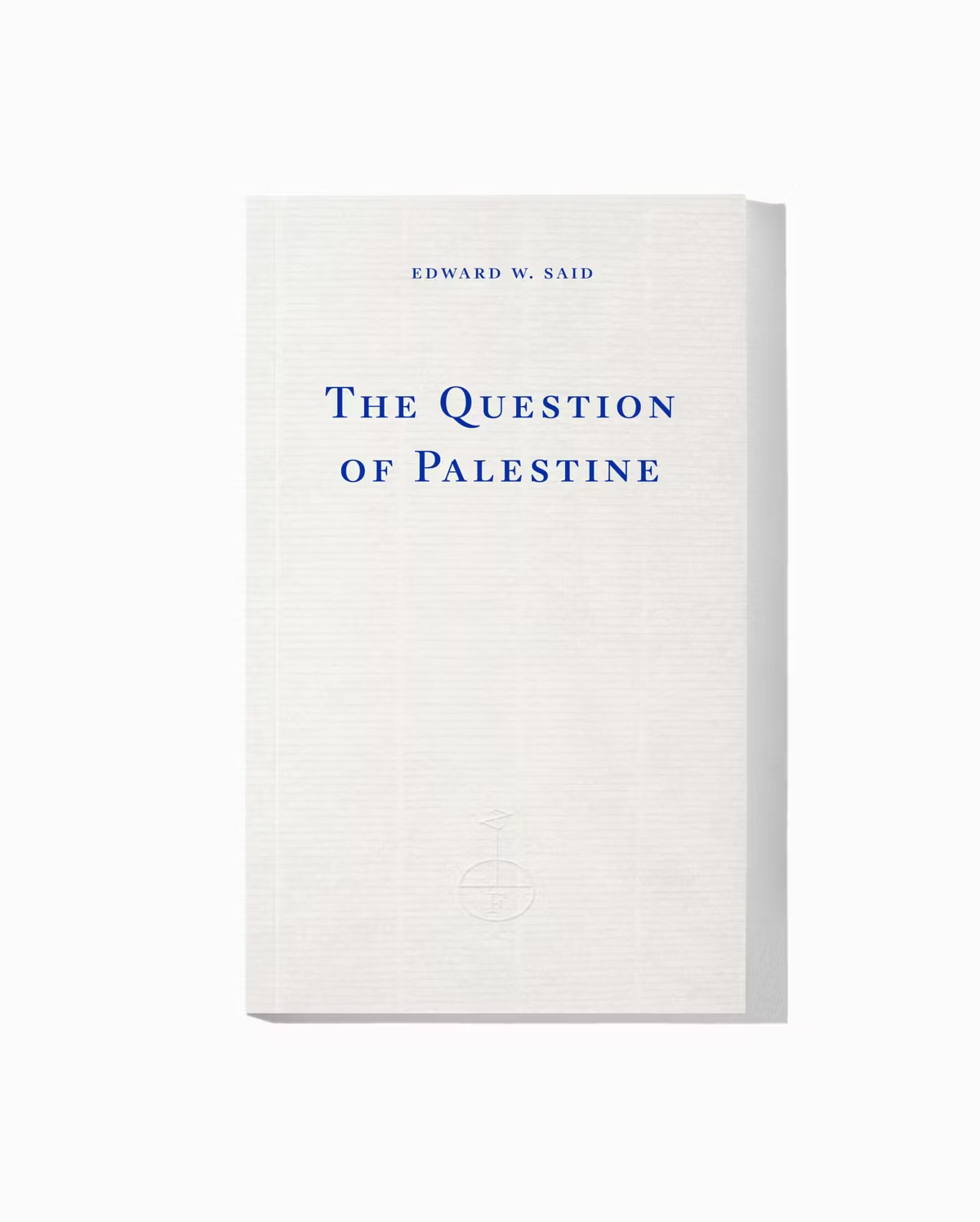Professor of English and literature
Edward Said
Author details
- Aliases:
-
エドワード・W. サイード, Idwrd W. Sa'd, 萨依德, and 69 others
Едвард Саид, ಎಡ್ವರ್ಡ್ ಸೈದ್, Idwārd W. Sa'id, Sayide, سعيد، إدوار،, എഡ്വേർഡ് സൈദ്, Edward W. Saïd, エドワード サイード, 愛德華·薩伊德, Idwārd W. Saʻīd, Эдвард Саид, Ėdvard V. Said, 薩依德艾德華, إدوارد سعيد, Idward W Saʻīd, 에드워드 사이드, Idvārd V. Saʻīd, Idwār Saʿīd, ئەدوارد ساد, ایڈورڈ سعید, Idwd W. Sa'd, ادوارد سعید, Saidu, Aiḍvarḍ Saʻīd, Edward W. Said, Эдвард В Саид, אדוארד סעיד, سعيد، إدوارد, Едвард Ваді Саїд, Idwārd W Saʻīd, Idwārd Sa'īd, Edward Said, Aidvard Saʻid, Саид, إدوار سعيد, Idward W. Saʻīd, 薩依德, سعيد، إدوارد و, Idwārd Saīd, سعيد، إدورد و.،, Aidehua Sayide, Edward Wadie Said, Idward W. Saʻid, Idwārd W. Sa´id, ਐਡਵਰਡ ਸਈਦ, Edward William Said, Idwārd Saʿīd, エドワード・W サイード, سعيد، ادورد, Idward W. Said, אדוארד ו סעיד, எட்வர்டு செயித், Idwārd W. Saīd, एडवर्ड सईद, ئیدوارد سەعید, سعيد، ادوارد،, Edward Saïd, Idward W. Sa’id, Э Саид, Idward Saʿīd, Eduard Səid, إدوارد سعيد،, 爱德华·萨义德, Едуард Саид, エドワード・サイード, Said, Saidŭ, এডওয়ার্ড সাইদ, Idwārd Saʻīd - Born:
- Nov. 1, 1935
- Died:
- Sept. 24, 2003





